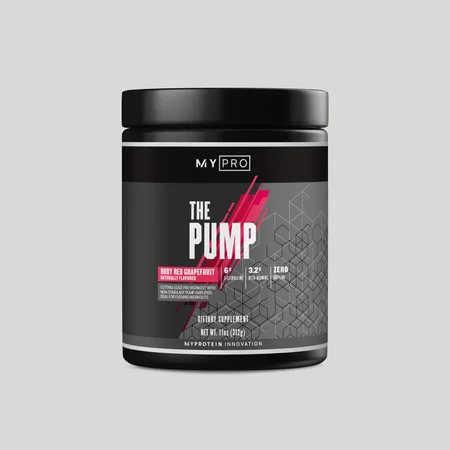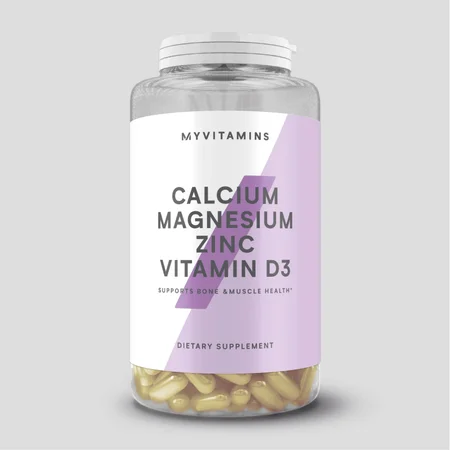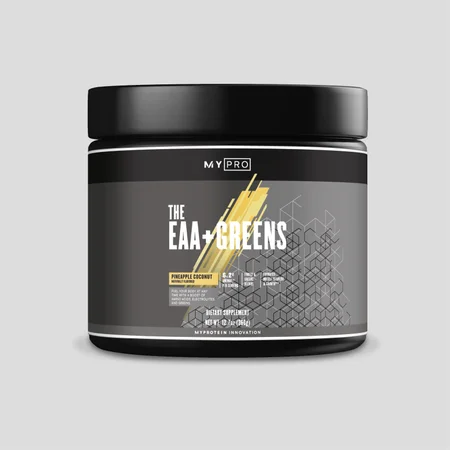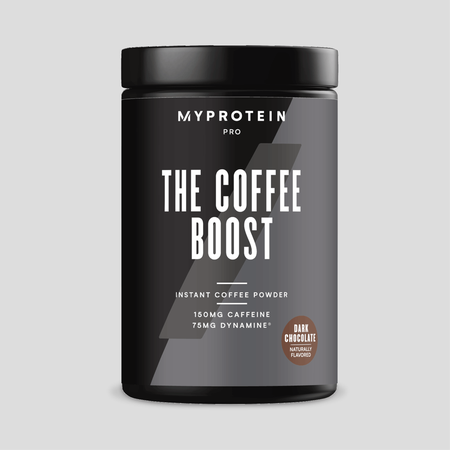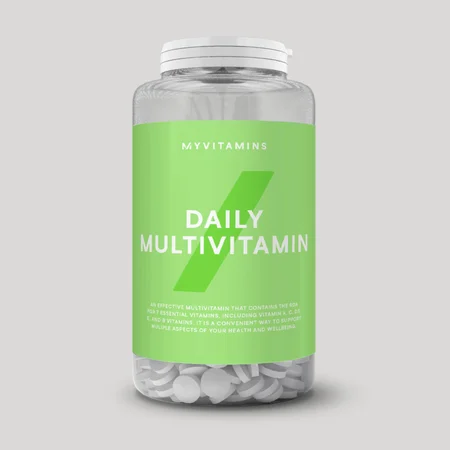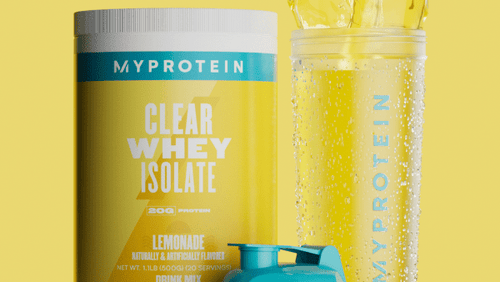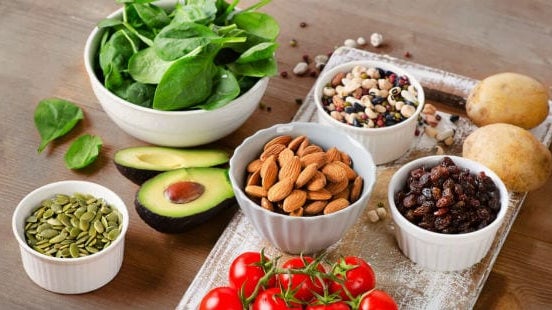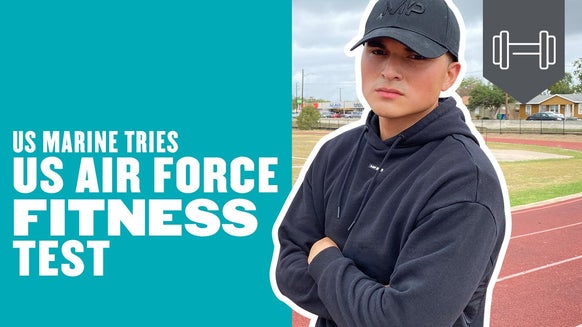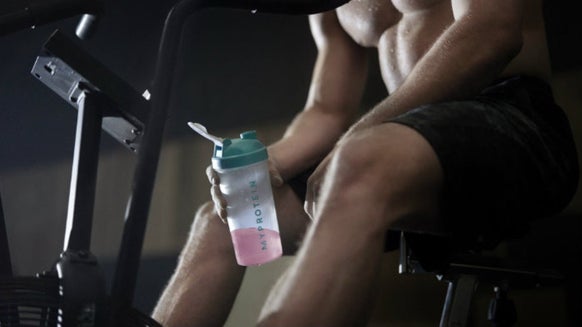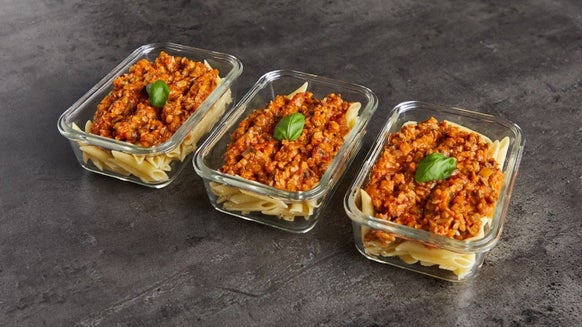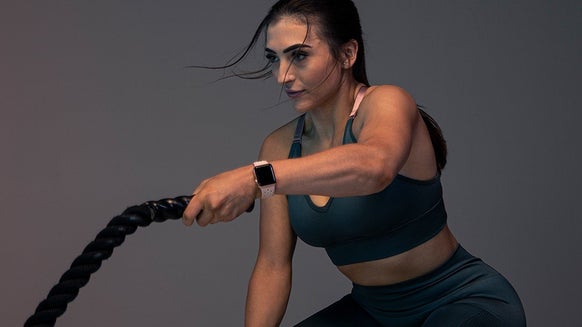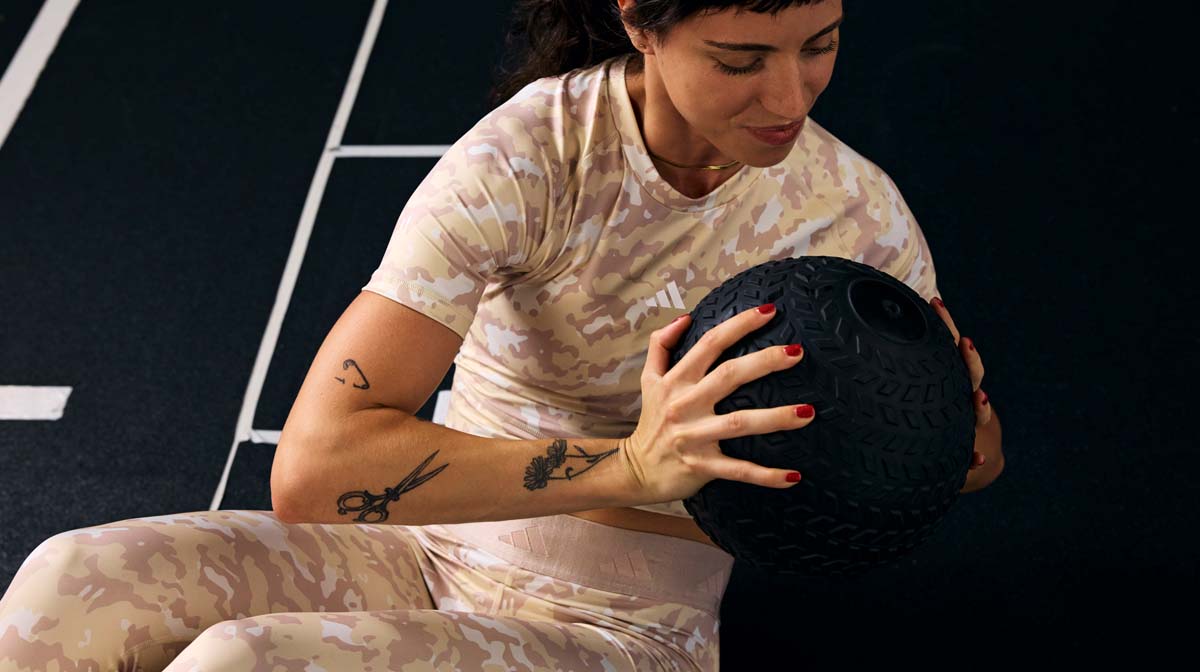
Whether you’re a runner or prefer lifting heavy things, Adidas Runtastic is your hub for tracking workouts, getting advice from experts, and staying motivated. With an app for both running and training, there’s something for everyone.
Runtastic are always planning new challenges to keep users motivated, so we wanted to get in on the action with the Workout To Win Challenge.
You can claim a free trial to Runtastic Premium with every Myprotein purchase throughout the two weeks of the challenge. This premium membership unlocks benefits like training plans, detailed reports of your session, nutrition and training guides, and loads more.
Once you’re on the app, to take part in the Workout To Win Challenge, all you have to do is complete 120 minutes of activity over two weeks. Once you do, you’ll be automatically in the running for a huge host of discounts, exclusive offers, and prizes.

Get Prepped for the Challenge
This challenge is ideal for beginners as it’s just an hour of exercise per week. To get you started on the right foot, we spoke to nutritionist Jamie Wright on what supps and snacks he recommends for newbie runners and HIIT trainers.
So get prepped with the right supps, and pick up that free trial of Runtastic premium...
Top 5 Supps for Runners
Electrolytes
Electrolytes are minerals in your body, including sodium, potassium, magnesium, and calcium, that have an electric charge.
They play a critical role in regulating fluid balance, nerve function, muscle contraction, and many other important physiological processes.
For runners, electrolytes are especially important because they’re lost through sweat during exercise, and if not replenished, can lead to dehydration, muscle cramps, headaches, and other issues. So for those long runs, electrolytes are incredibly important.
My advice would be to sip on an electrolyte mix in the sixty minutes leading into a run as well as throughout the run itself when possible.
Carbohydrate gels
Carbohydrate gels, also known as energy gels or sports gels, are concentrated sources of carbohydrates designed to provide quick and easily digestible energy for intense workouts like running.
Carbohydrate gels are important for runners in particular as carbohydrates are the primary fuel source for our working muscles during exercise.
When you run, your body will use carbohydrates stored in your muscles and liver for energy, eventually depleting these stores. As stores become depleted, your performance can suffer, that’s where carbohydrate gels come in.
Consuming carbohydrate gels provides a readily available alternative source of energy, made from complex carbs, replenishing your stores throughout your workout.
It's important to note carbohydrate gels should be used in moderation and in tandem with adequate hydration. Consuming too many gels or not drinking enough water can lead to a number of issues, so it’s a good idea to speak to a doctor or a nutritionist before introducing them into your diet.
Try having a carbohydrate gel every 30-40 minutes of a long-distance run, or about 40 minutes before your run.
A high-quality protein supplement
Protein matters. Not just for the bodybuilders but for all kinds of athletes.
Running is one of the most demanding sports, so prioritizing recovery is incredibly important.
After a run, your muscle fibers will have broken down and need to be repaired; protein provides the building blocks necessary to do that recovery.
Supplementing with protein can also help to reduce muscle soreness, or DOMS. Which means you can get back out on your next run, quicker.
The Myprotein Clear Family is a perfect option in my opinion. I’m not a massive fan of frothy, or thick protein shakes, especially after a run, so having a drink that’s more reminiscent of a juice but with that oh so valuable protein included is a big win.
There are clear protein options for vegans too, so all manner of athletes will have their needs met by the Clear Family.
Iron
Iron is a key component of hemoglobin, the protein in red blood cells that carries oxygen throughout the body.
When you run, your muscles require more oxygen to perform, and a lack of iron can lead to decreased oxygen delivery to muscles. This can result in decreased performance and increased fatigue.
Iron is also important to produce red blood cells, which are responsible for carrying oxygen throughout the body. Runners might need more red blood cells to transport oxygen to their muscles during exercise, and a lack of iron can lead to fewer red blood cells.
It’s been found that athletes have a greater demand for dietary iron than non-exercising populations and that many athletes may be at risk of iron deficiency. So try an iron supplement and see if you notice a difference.
Vitamin D
One of the rarely considered but highly beneficial supplements runners should consider taking every single day is vitamin D.
Runners, especially those who engage in high-intensity training, put a significant amount of stress on their bones and muscles. And guess what helps the body absorb calcium and in turn, boost bone health? Vitamin D.
In addition to its role in bone health, vitamin D also plays a critical role in muscle function.
It helps regulate the levels of calcium in the muscles, which is necessary for proper muscle contraction and relaxation.
Runners who are deficient in vitamin D may experience muscle weakness, fatigue, and an increased risk of injuries.
Supplementing with vitamin D is virtually a must for any athlete but arguably even more so for runners given the endurance needed on long runs.
Aim for around 1000IU (or 25mcg) per day to ensure you’re not at risk of running (pun intended) into any unwanted deficiencies.
5 Best Supps for HIIT Training
Electrolytes
Electrolytes are minerals that help to regulate fluid balance, nerve function, muscle contraction, and many other important physiological processes.
But as you sweat, you lose electrolytes, and HIIT is a very sweaty activity... So to keep your form and endurance in tip top shape during HIIT, electrolytes will be your best friend.
My advice would be to sip on an electrolyte mix in the sixty minutes leading into a workout as well as throughout the workout itself when possible. An electrolyte tablet or powder mix is an ideal option and is easy to mix with water.
Caffeine
Caffeine can be a great addition to your pre-HIIT training routine as it is a natural stimulant that can improve performance in several ways.
Caffeine acts by stimulating the central nervous system, which can in turn increase alertness, focus, and energy levels. This is super important in HIIT training, as it can give you that extra boost of energy and motivation that you need for an effective HIIT session.
Caffeine can also reduce the perceived exertion of exercise, making it feel easier to perform. This can help individuals push themselves harder and longer during HIIT workouts.
Another benefit of caffeine is that it can increase the body's use of fat as fuel during exercise, which can help spare glycogen (the stored form of carbohydrates) and delay fatigue. This can be especially beneficial during longer-duration HIIT workouts.
I would suggest trying a black coffee and monitoring how it affects your performance and how you feel. If you notice a significant benefit, a pre-workout mix that contains other beneficial ingredients could be the way to go.
Creatine
Ah creatine, one of the most talked-about supps in the fitness world. And for good reason.
Creatine is a naturally occurring compound found in our muscle tissue that helps produce adenosine triphosphate (ATP), the primary energy source for muscle contractions. It can help you to perform at your best for longer, before fatigue sets in.
Creatine is particularly effective for high intensity exercise that involves explosive movements, shout out to HIIT.
In terms of supplementing, there are two approaches you could take — creatine loading and cycling. For more info on which approach might be best for you, check out the article below.
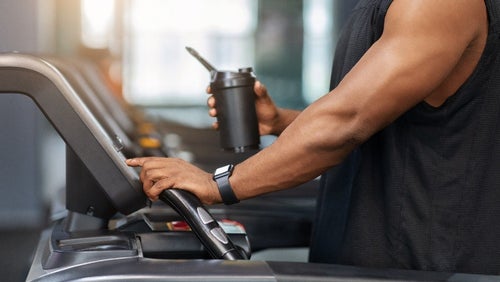
Creatine Loading Or Cycling? And How Much Per Day?
There are more approaches to creatine loading and cycling than you think....
Beta-alanine
Beta-alanine, creatine, and caffeine are considered the optimal performance trifecta and the inclusion of the three around your HIIT workout would take it to a whole other level.
The primary exercise-related benefit of beta alanine is that it helps increase the concentration of carnosine in muscles.
Carnosine helps buffer the accumulation of lactic acid, which is responsible for muscle fatigue during high-intensity exercise.
By buffering lactic acid, beta alanine helps delay the onset of muscle fatigue, allowing you to perform more reps or sustain a higher intensity for longer.
In terms of supplementing, the most effective dose of beta alanine for improving HIIT (and any other form of exercise) performance is 4-6 grams per day, taken in divided doses.
However, it’s recommended to start with a lower dose (1-2 grams per day).
I’d recommend splitting the dose in two, having half prior to training and half post-HIIT workout. This will maximize effect and minimize any potential side effects.
It takes about 4 weeks of consistent beta alanine supplementation to see noticeable improvements in exercise performance. So give it time and see how you get on.
A high-quality protein supplement
Just as with running, HIIT training breaks down muscle fibers which then need to be repaired to build muscle and get you back in the gym.
Protein is needed to repair this damage and build your muscles back stronger. Boosting your protein intake can also help to reduce muscle soreness, also known as DOMS, meaning you can get back in the gym, quicker.
The Clear Family is a great option for HIIT training as well as runners. If you don’t want a big creamy protein shake after an intense session, but still need to boost that protein, the way is Clear.
And again, the Clear Family has vegan options to support those who don’t consume animal products.
Take home message
Get involved with the Workout To Win Challenge and you could win big prizes for just 120 minutes of exercise over two weeks. Plus, when you stock up on supps throughout the challenge, you’ll get a free trial of Runtastic Premium, making it even simpler.
Get stuck in.
READ THESE NEXT:

High Intensity Interval Training (HIIT) | What Is It and How To Do It
Become a HIIT pro with our PT's advice. ...

The Complete Guide To Protein Powders For Beginners
Match your protein to your training....

https://jissn.biomedcentral.com/articles/10.1186/s12970-018-0242-y
